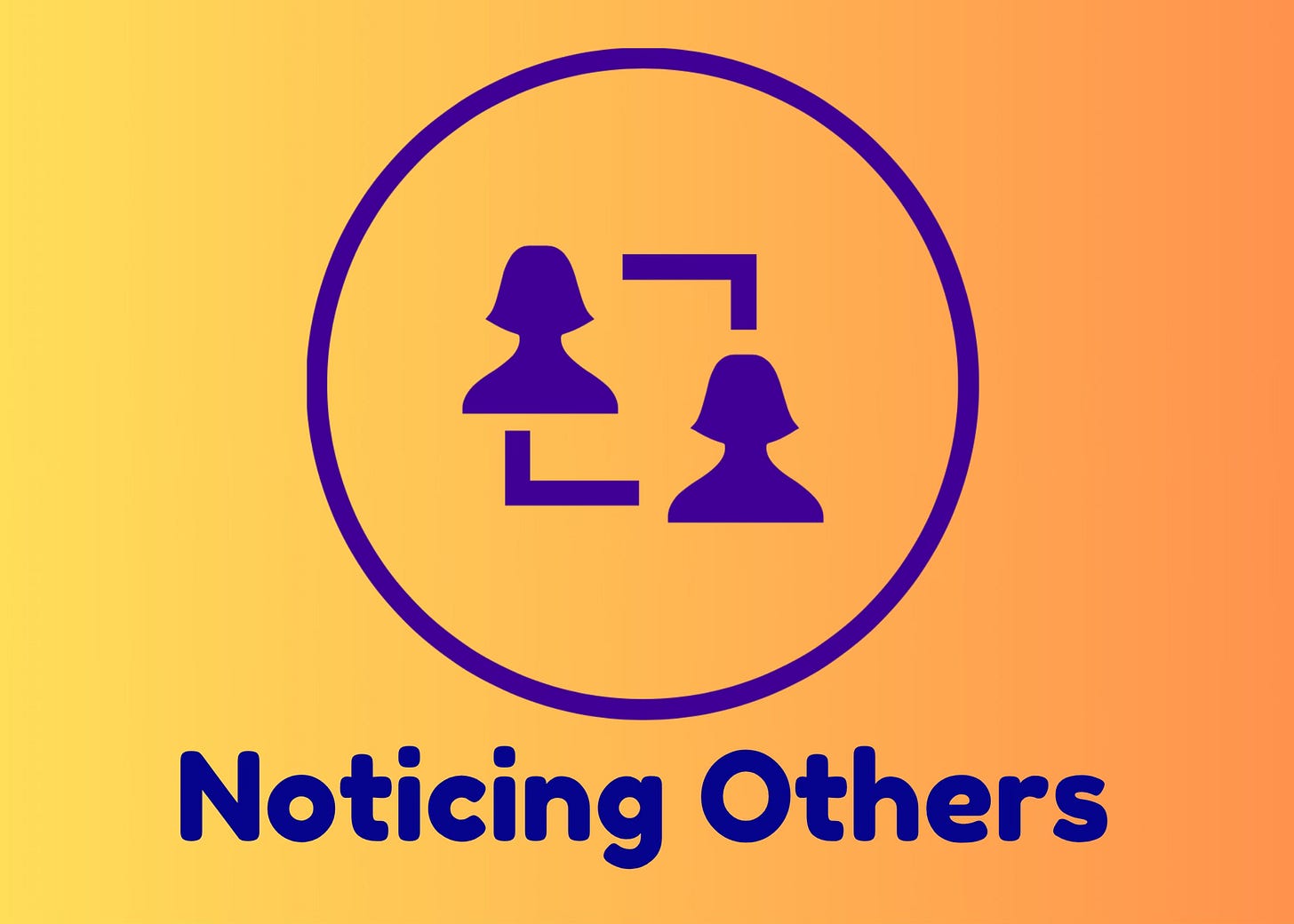"That’s a You Problem": When Your Tween’s Sass Hits Peak Levels
Dear Curious Christie and Ms. Resilient,
“Lately, my 12-year-old son has discovered a new favorite phrase: “That’s a you problem.” I’ll ask him to put his dishes in the sink, and he’ll say, “That’s a you problem.” I’ll mention that it’s been three hours of nonstop screen time—same reply. At first, I’ll admit, it was kind of funny—like he was testing out his stand-up comedy routine. But now? It’s become his go-to response for pretty much any request, rule, or reminder, and it’s starting to wear me down.
I know he’s at that age where everything is a negotiation and sarcasm is a second language. He’s trying to define himself, push boundaries, and figure out how far he can stretch before I push back. Part of me wants to roll with it and treat it like a phase. But another part of me worries I’m letting something slide that I shouldn’t. I don’t want to crush his growing independence, but I also don’t want to raise someone who thinks responsibility is optional or kindness is uncool.
So what’s the move here? Do I lay down the law? Laugh it off? Or start writing these down for future blackmail material at his wedding? All jokes aside, how do I handle this without losing my mind—or my sense of humor?”
Signed,
Rolling My Eyes, Too
Dear Rolling My Eyes, Too,
This stage of parenting is equal parts hilarious and infuriating, right? Your son is discovering the fine art of boundary-pushing, delivered with the comedic timing of a kid who just realized sarcasm is a powerful (and sometimes protective) shield. The good news? This is developmentally right on time. The bad news? It doesn’t make it any easier when you’re just trying to get him to rinse a dang plate. Or, as it was in my house, pick up his soda water cans.
Now here’s where context matters: if he’s mainly saving this sass for you, that’s not necessarily a bad thing. It means you are the safe space, and he’s testing not just boundaries, but the strength of the relationship itself. He’s asking in his own cheeky way, “Can I be my full, messy self and still be loved?” And during this stage, our job is to give a clear and loving yes—with limits. Try something like, “Cute line. But actually, it’s a problem. Because in this house, we all pitch in.” It holds the boundary and gives him the signal that you’re not rattled. Humor with backbone? That’s parenting gold.
And please know: you’re not alone on this rollercoaster. Tween years can feel like a comedy of errors wrapped in a parenting puzzle box—and sharing it with others makes it lighter. Text a fellow parent, start a group chat titled “That’s a you problem,” and let yourselves laugh, vent, cry, and regroup. Connection softens the hard stuff and reminds us that we’re doing better than we think. Keep showing up with love, limits, and the occasional deep sigh. You’ve got this—and your kid’s lucky to have you holding the line.
In solidarity from the eye-roll trenches,
Curious Christie
Ms. Resilient offers her perspective using Dovetail Learning’s approach:
Dear Rolling My Eyes, Too,
Reading Christie's response, I could almost hear the echo of that phrase—“That’s a you problem”—ringing in kitchens across the country. It’s relatable, exhausting, and, as you wisely pointed out, laced with a deeper question about how to guide a growing child with both humor and intention.
One skill that shines here is Dovetail’s Connecting Skill of Noticing Others. This skill invites us to look beyond the words and ask, What might be going on beneath the surface? Rather than reacting only to the eye-roll or the sass, we practice noticing the person inside the pattern—the developing adolescent trying on independence like a too-big jacket, seeing what fits and what gets a reaction.
By writing to us, you’ve already started using this skill. You noticed the difference between funny and disrespectful. You saw the shift from playful banter to persistent pushback. And you held both compassion for your son’s developmental needs and concern for the values you want to nurture. That’s Noticing Others with a whole heart.
Christie’s idea to meet his snark with humor and limits reflects this beautifully: “Cute line. But actually, it’s a problem.” This approach lets him know that you see him—not just as a rule-breaker or a smart mouth, but as a full human in progress. Noticing Others helps you respond to the whole child, not just the comment-of-the-day.
When we use this skill, we also notice our own reactions with a bit more grace. We can pause, laugh (or groan), and say, Okay, I see what’s happening here—and I can meet it with connection, not just correction.
Keep leading with both love and boundaries. Your son may not thank you now, but one day, he just might.
With heart and humor,
Ms. Resilient 🌀
P.S. I fully support keeping a “That’s a you problem” file—for laughs now and future wedding speeches. 😂
What advice do you have for Rolling My Eyes, Too? Share in the comments or send to ms@dovetaillearning.org and we may feature your answer in a future column.
We want to hear from you!
For advice, please click on the button or email us at ms@dovetaillearning.org.
P.S. It would mean a lot to us if you hit the like button to increase chances of engagement! Also, if you share our posts with potential readers, we would be incredibly thankful!








